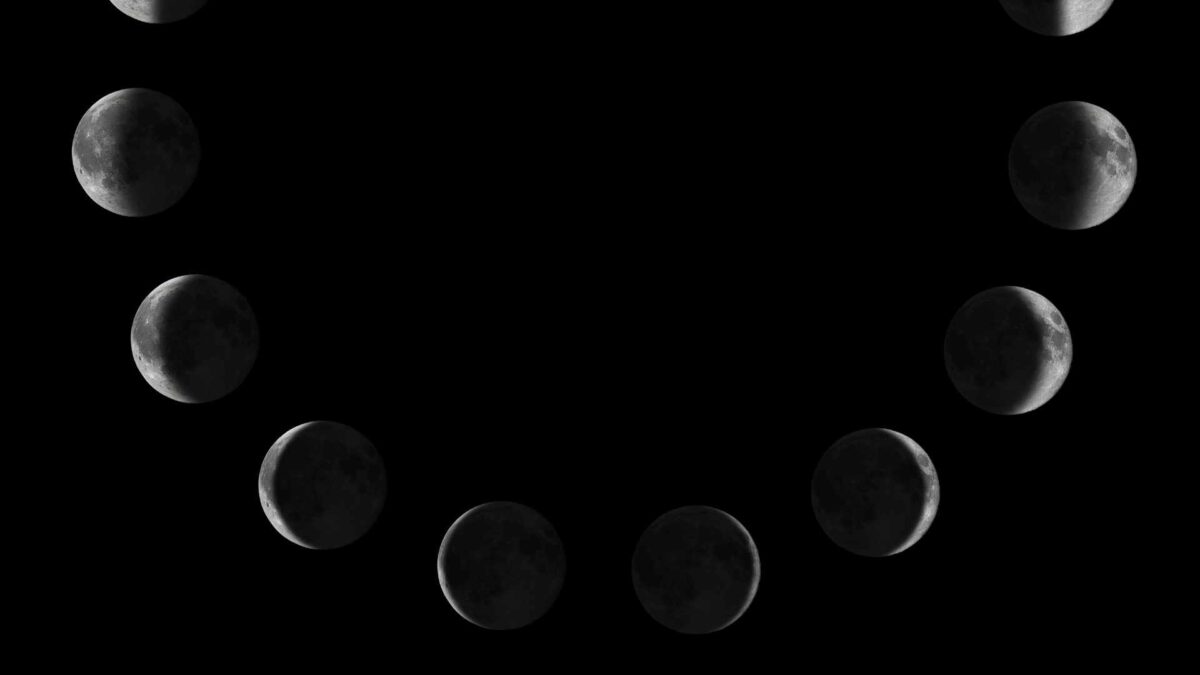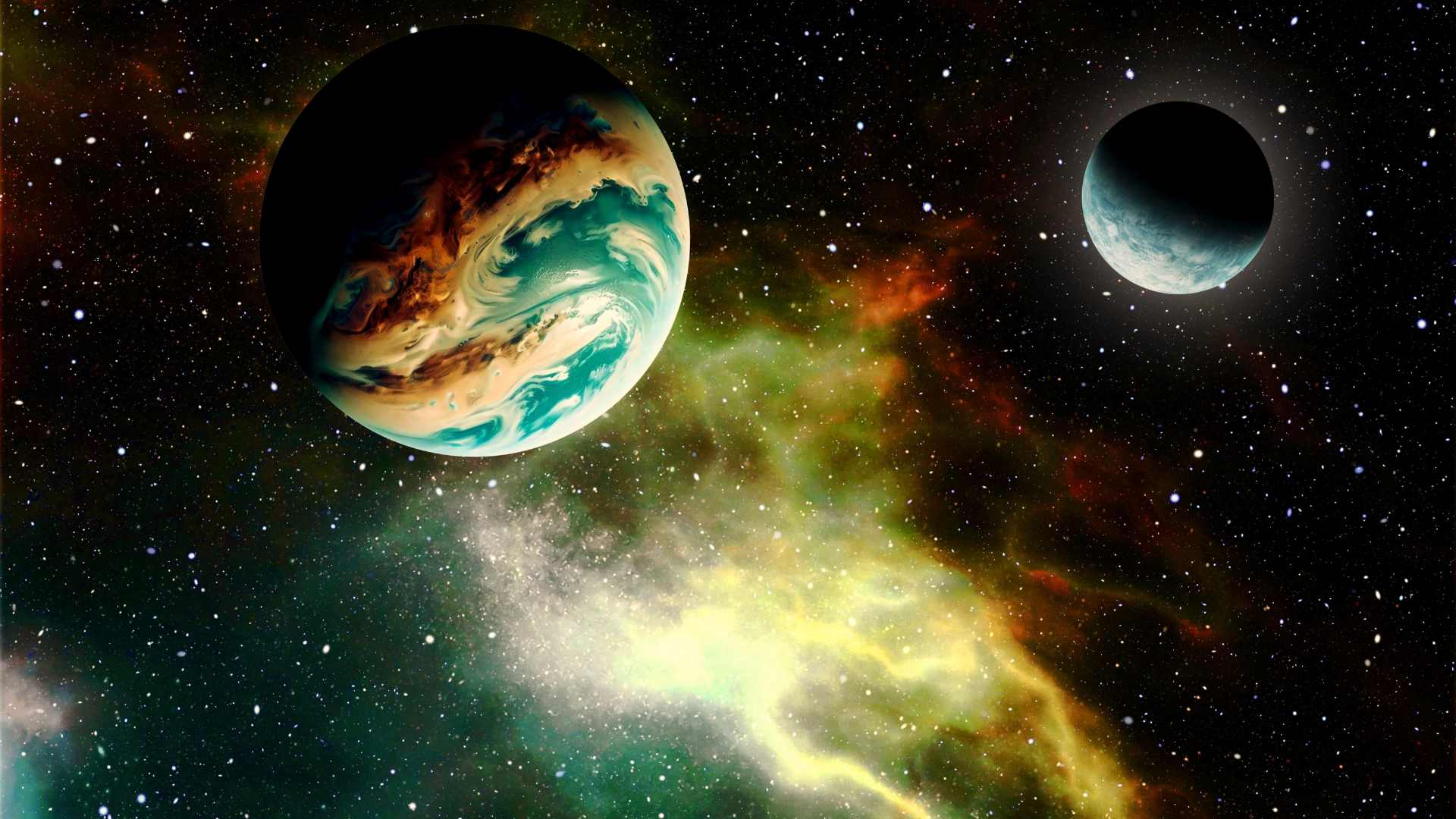
New Moon and Clear Skies Offer Stargazing Opportunities This Week

Astronomy enthusiasts across Ireland are being treated to a prime opportunity to gaze at the night sky this week, as the arrival of the new moon coincides with an extended spell of clear skies.
With the absence of moonlight, the stars, planets, and even faint celestial objects will be more visible than usual, offering a spectacular viewing experience.
The September new moon, which occurred on Sunday night as the moon passed between the Earth and the Sun, results in a sky free from the moon’s usual glow.
This makes it an ideal time for stargazers to observe deep-sky objects, such as star clusters and distant galaxies, that are often washed out by brighter phases of the lunar cycle.

Some of the best Night Sky watching locations in Ireland include:
Mayo Dark Sky Park – Recently named International Dark Sky Place of the Year.
Cloonduff Dark Sky Park, County Wicklow – Ireland’s first designated Dark Sky Park, offering very dark skies and stunning views.
Wicklow Mountains National Park – Large areas with minimal light pollution, great for observing stars and meteor showers.
Cuilcagh Lakelands Geopark, Counties Fermanagh and Cavan – Known for its remote, dark skies and scenic landscapes.
Kerry International Dark Sky Reserve, County Kerry – One of the largest dark sky reserves in Europe, with excellent conditions for astronomy.
Slieve League Cliffs, County Donegal – Remote and rugged coastline with very little light pollution.
Mount Brandon, County Kerry – High altitude and remote location provide clear night skies.
Galway’s Connemara National Park – Away from city lights, it offers good conditions for stargazing.
The Burren, County Clare – A rocky landscape with relatively low light pollution.
Autumnal Equinox in Ireland
Meanwhile, Ireland will officially welcome autumn this evening Monday, at 7:18 PM, when the September equinox occurs.
This astronomical event marks the moment when the Sun crosses the celestial equator, resulting in nearly equal lengths of day and night across the globe.
In Dublin, the Sun will rise at 7:11 AM and set at 7:23 PM, providing 12 hours and 12 minutes of daylight.
More space news here.
Share this WeathÉire story:






